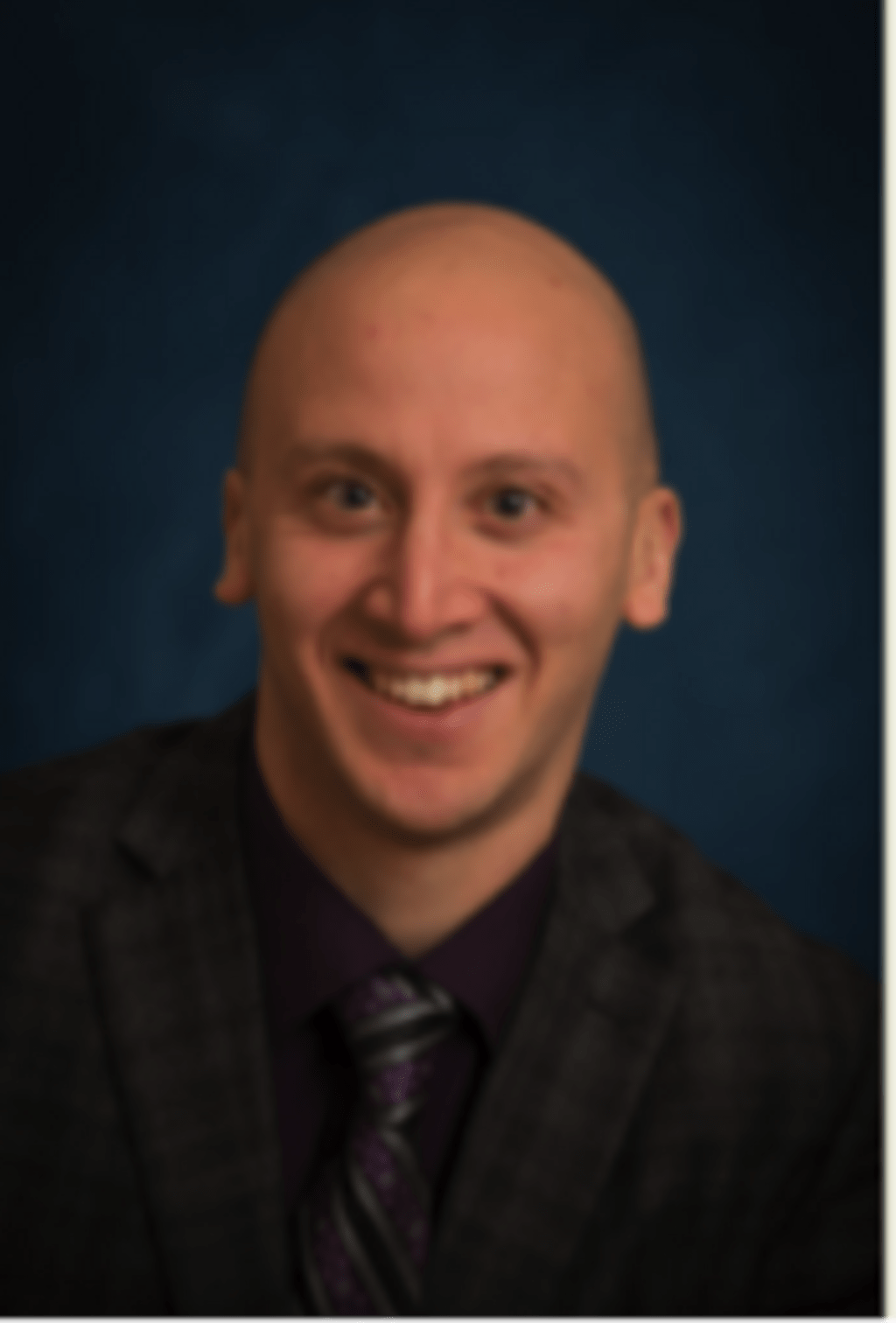RAC1 Journal Club/Seminar Series
Keysight's Quantum Engineering Toolkit: A commercial, customizable integrated control and test system
Presented by guest speaker Nizar Messaoudi, Keysight Technologies Application Engineer
With traditional classical complementary metal oxide semiconductor (CMOS) computing struggling to keep up with Moore’s law, interest in quantum computing has exploded and the University of Waterloo is at the centre of this technological revolution.

